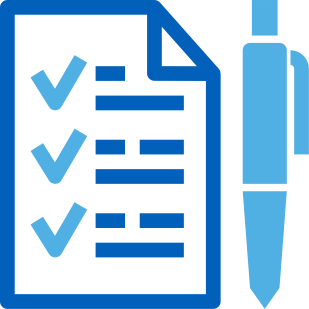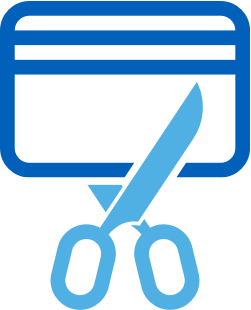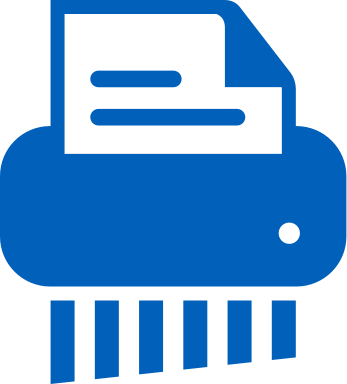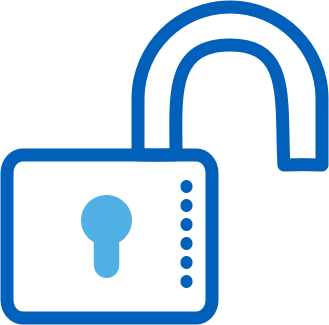In honor of National Safety Month we want to talk about financial safety. When we say financial safety, we're talking about several different aspects of this part of your life. First off, there's the obvious part of protecting yourself from dangers like credit card fraud and identity theft. But financial safety is more than that. It means making certain that your credit is healthy, not just because there's no fraud, but because you take measures in your own life to build up healthy credit. Financial safety is about getting out of debt and saving for the future. Let's take a look at some steps you can take for better financial safety in your life.

 1. Keep on top of what you spend
1. Keep on top of what you spend
Perhaps the most important tip for financial safety is to have a budget and track your expenditures accordingly. When you're careful tracking what you spend, you'll quickly notice any activity that you didn't initiate, and know immediately when fraudulent activity has occurred.
 2. Regularly check your statements
2. Regularly check your statements
It's unlikely your bank will make a mistake, but this is another opportunity to make sure you are keeping on track with your budget. Additionally you'll be perfectly positioned to spot fraud the moment it happens.
 3. Check for identity theft
3. Check for identity theft
Companies like Experian and TransUnion allow you to check your credit safely for free. This is a great way to spot the early signs of identity theft and keepyour credit safe from predators.
 4. Avoid unnecessary debt
4. Avoid unnecessary debt
By carefully budgeting, and staying on budget, you are more apt to be able to afford your regular expenses, and paying any secured loans without going into any further debt.
 5. Budget for savings
5. Budget for savings
No matter how well we plan, unexpected expenses will always arise. From car repairs to a medical bill, there is always going to be something that even the most meticulously planned budget won't foresee. By having a strong savings foundation that you pay into each month, you'll be well prepared for staying safe no matter what life throws your way.
 6. Beware what you share on social media
6. Beware what you share on social media
Oversharing on social media can make you a target for identity theft. Beyond concealing the obvious such as your social security number, even seemingly innocuous information, like your birthdate, can be used to gain sensitive financial information.
 7. Be careful in the non-digital world too
7. Be careful in the non-digital world too
A paper shredder can be a great investment. You want to make certain you don't use unused credit applications lying around. And even an old energy bill with your name on it can pose a threat.
 8. Be mindful with passwords
8. Be mindful with passwords
Change any online passwords with financial institutions regularly, and be certain to never write them down. Don't ever use the same password for different logins.






